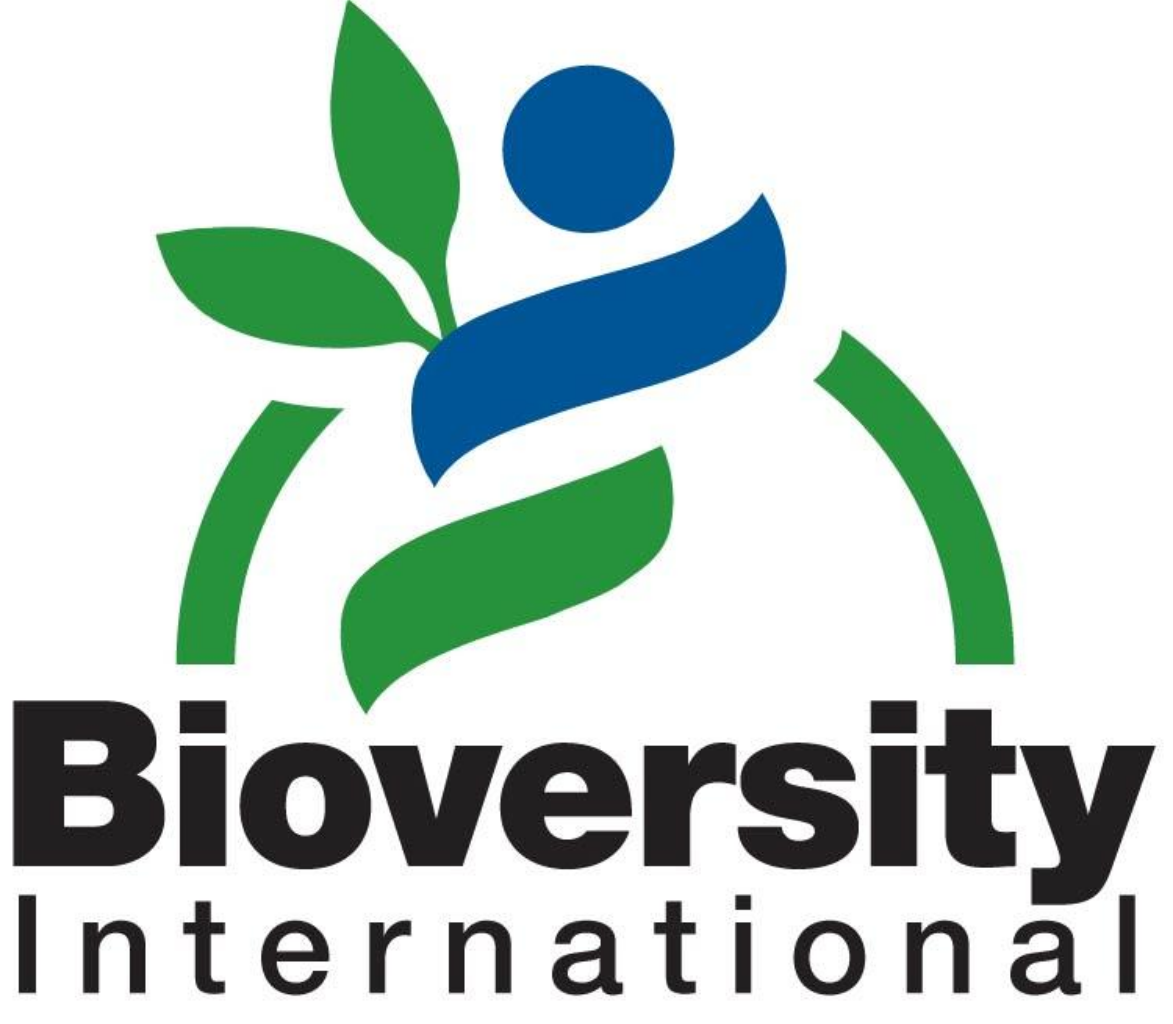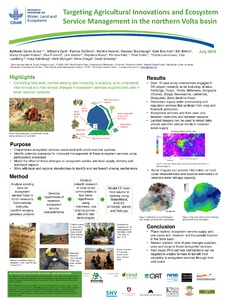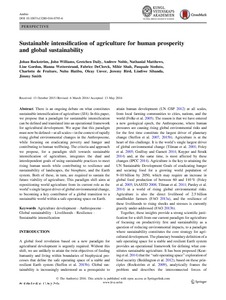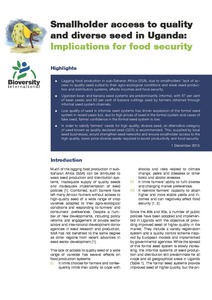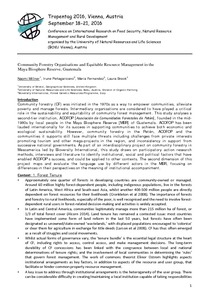Location
Bioversity International is a global research-for-development organization. We have a vision – that agricultural biodiversity nourishes people and sustains the planet.
We deliver scientific evidence, management practices and policy options to use and safeguard agricultural and tree biodiversity to attain sustainable global food and nutrition security.
We work with partners in low-income countries in different regions where agricultural and tree biodiversity can contribute to improved nutrition, resilience, productivity and climate change adaptation.
Members:
Resources
Displaying 21 - 25 of 184The Crop Ontology: a source of standard traits and variables for breeding and agronomy
The Crop Ontology is a service of the Integrated Breeding Platform (www.integratedbreeding.net) in collaboration with the CGIAR and partners and under the leadership of Bioversity international. The Crop Ontology (www.cropontology.org) provides harmonized and validated breeders’ trait names, measurement methods, scales for currently 18 crops that are used by the Breeding Management System (BMS).
Targeting agricultural innovations and ecosystem service management in the northern Volta basin
Sustainable intensification of agriculture for human prosperity and global sustainability
There is an ongoing debate on what constitutes sustainable intensification of agriculture (SIA). In this paper, we propose that a paradigm for sustainable intensification can be defined and translated into an operational framework for agricultural development. We argue that this paradigm must now be defined—at all scales—in the context of rapidly rising global environmental changes in the Anthropocene, while focusing on eradicating poverty and hunger and contributing to human wellbeing.
Smallholder access to quality and diverse seed in Uganda: implications for food security
This policy briefs presents smallholder farmers' preferences and major challenges when accessing seed in Uganda. It reflects on the weaknesses of the formal and informal seed production and distribution systems and presents some practical recommendations for putting in place alternative and integrative seed quality control systems that can help fill in the gaps that the formal and informal systems cannot address separately.
Second-tier community forestry organisations and equitable resource management in the Maya Biosphere Reserve, Guatemala
Community forestry (CF) was initiated in the 1970s as a way to empower communities, alleviate poverty and manage forests. Intermediary organisations are considered to have played a critical role in the sustainability and equitability of community forest management. This study analyses a second-tier institution, ACOFOP [Asociación de Comunidades Forestales de Petén], founded in the mid-1990s by local people in the Maya Biosphere Reserve [MBR] of Guatemala. ACOFOP has been

